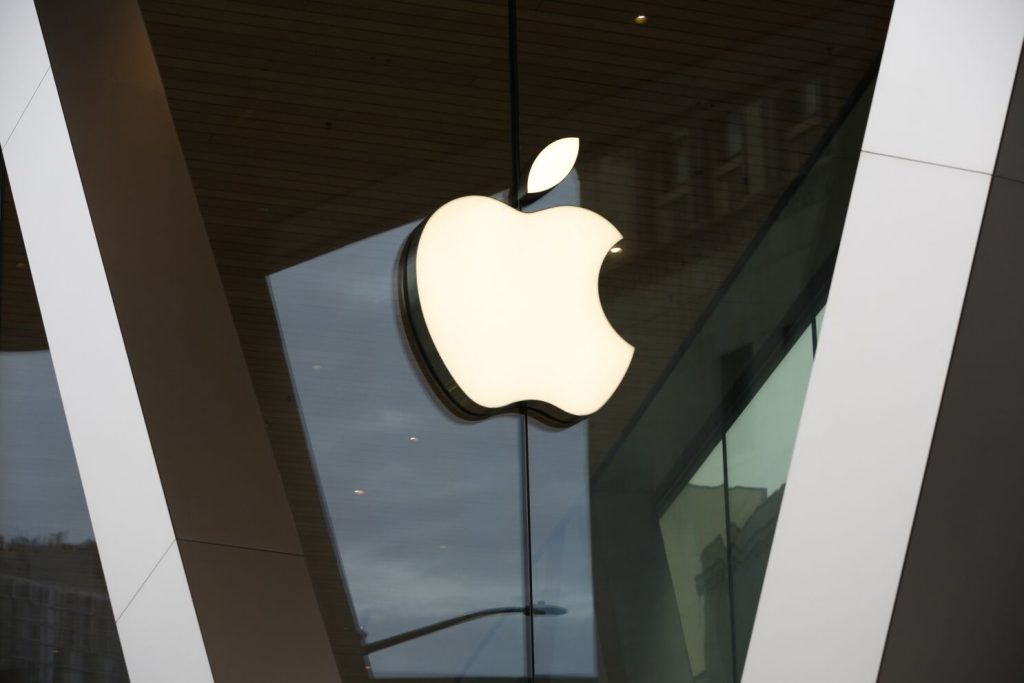Apple Inc. has scaled back ambitious self-driving plans for its future electric vehicle and postponed the car’s target launch date to 2026. The iPhone maker’s shares fell 2.4% following the report. The car project has been in limbo for the past several months as the company’s executives struggled with the reality that the vision of a fully autonomous vehicle, without a steering wheel or pedals, is not possible with the current technology.
Apple now has plans to use a less ambitious design for their vehicle, which includes a steering wheel and pedals. The vehicle will only support autonomous driving on highways. The company’s initial vision was to offer complete autonomous driving, which no automaker has yet achieved.

The heart of Apple’s technology is a powerful onboard computer system—codenamed Denali after the tallest mountain peak in North America—and a custom array of sensors. The processor’s performance is equal to about four of Apple’s highest-end Mac chips combined and is being developed by the company’s silicon engineering group. The chip has reached an advanced state and is considered nearly production-ready, though Apple may scale it down before the car’s launch to lower costs.

Having an onboard computer that handles automated tasks is similar to an approach used by other carmakers, including Tesla. Apple, however, plans to differ from Tesla by using a combination of lidar and radar sensors, along with cameras. The setup helps the car determine its location, see driving lanes, and assess how far it is from other objects and people.
In addition to the onboard hardware, the system has a cloud-based component for some artificial intelligence processing. Apple is relying on Amazon Web Services for hosting, costing the iPhone maker about $125m (roughly R2,165,666,250) per year. But that’s just a sliver of the roughly $1 billion (roughly R17,334,850,000) the company is spending on the car project annually.


